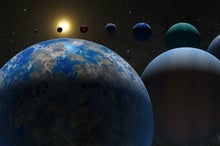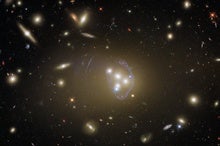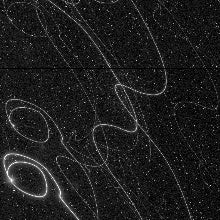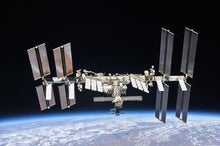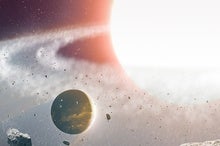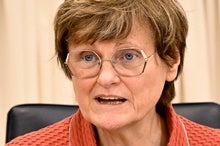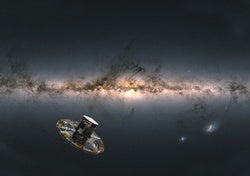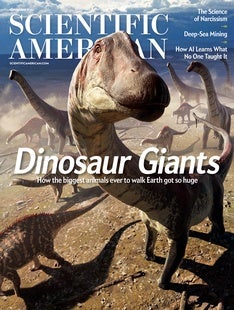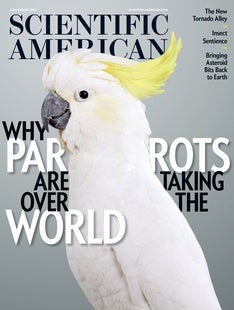 |
| October 12, 2023 |
This week, we're thinking about weight loss. Not on a personal level, mind you, but rather across the entire Milky Way. Our lead story details a curious study that suggests our galaxy may be much lighter than previously believed. Based on an analysis of data from the European Space Agency's star-surveying Gaia mission, the study finds that stars toward our galaxy's outskirts are moving much slower than expected, which hints that our Milky Way may be underweight by as much as a trillion solar masses. There is also the possibility that the result is instead due to flaws in the analysis or in Gaia's data, but if confirmed it could mean there's much less dark matter drifting around our galaxy than most anyone thought. Elsewhere this week, we have stories on NASA's unveiling of fresh samples from an asteroid, how solar storms can hinder bird migrations, the weirdness of quantum physics, a coolant leak on the International Space Station, and much more. Enjoy! |
| |
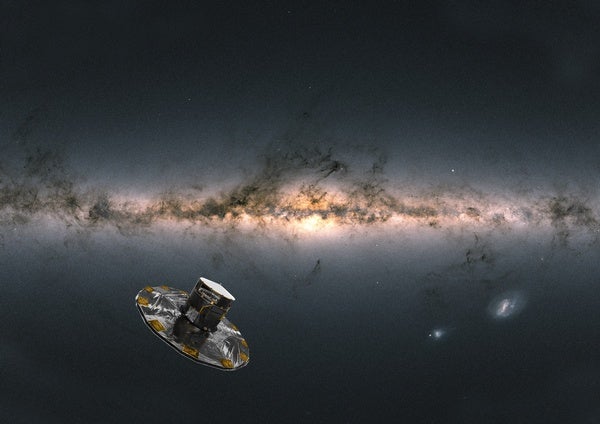 |
| |
| |
| |
| |
| |
| |
| |
| |
| |
| |
| |
| |
FROM THE ARCHIVE
 | | | |
LATEST ISSUES
 |
| |
| Questions? Comments?  | |
| Download the Scientific American App |
| |
| |






